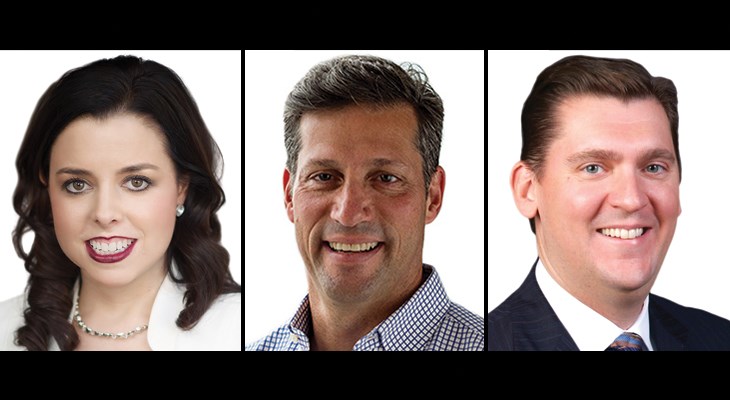From the legal standpoint of a deal, Tucker Ellis LLP Chair of M&A, Securities & Capital Markets Jayne Juvan says Ohio is an interesting jurisdiction when compared to Delaware.
In Delaware, if the company has a diversified ownership base, there's a duty to maximize price in a transaction. Price, she says, drives the process and has a tendency to lead to a competitive auction, which helps ensure fiduciary duties are being fulfilled. In Ohio, she says, there's a stakeholder statue where the seller can consider not just price maximization, but also the interests of other stakeholders, such as employees, suppliers and vendors, even the local economy.
"So, there's a lot more flexibility in Ohio when you go through a sales process," she says.
Speaking at the Cleveland Smart Business Dealmakers Conference on a panel tilted, How to Be an Effective Buyer in This Hyper-Competitive and Ever-Changing Environment, ID Images Former Owner Brian Gale says he used acquisitions to help build the business from one plant and 60 employees to 9 plants and 250 employees. Of the 11 acquisitions he completed with the business, he says nine came through relationships that he developed.
"As I told my wife, it's a lot of late nights at bars talking to people," Gale says. "No bankers, no nothing; just people I met or through referrals from customers, from suppliers, from other people in my network."
While he says he paid fair prices for these businesses, he wasn't the one to be offering the most.
"I was up front about that," he says. "In the deals that had bankers, I was very clear — if you want the highest price, I'm not your guy. If they want a legacy for their employees, they want certain things, if there are other components the owner cares, about, I can be flexible. It's me. I'm the decision-maker. So, we can be flexible in other terms of the deal."
In those acquisitions, he says he used very few earn outs, opting instead to pay people up front because that's what they wanted.
"As a seller, you want to know what you're getting."
Having flexibility to negotiate outside of just price was important, he says. And using aspects other than price to win a deal required getting to know the business, the objectives of its owners and developing those relationships
Talking about that flexibility, Blue Point Capital Partners Partner Chip Chaikin says his firm uses earn outs more now because of the debates around COVID earnings — bump or slump — and, in that context, if current earnings are sustainable.
"We're seeing a lot more use of them generally," he says. "We've never been a huge fan because as the first institutional capital the last thing we want is to have a point in the post transaction where suddenly we're on the opposite side of the table again. So, we're not huge fans of them. We do use them because they are invaluable to bridge differences in perception about what value should be. It's been such a seller's market. I think they largely went away for a while because it was sort of hard to get a seller to except them. They're coming back a bit because there are so many disagreements about value. But as a very founder-focused firm, we don't love them."
Gale says he's used earn outs a few times and did them on revenue because his approach to the sellers where he prices the business lower than they do is to give them a target to earn more that they have some control over.
"We'd be very specific on customers and what those components were," Gale says. "I would be honest with them. I can mess with gross margin. I control what materials we buy. I control a lot more than you do. I'm not giving you any control other than talking to those customers."




